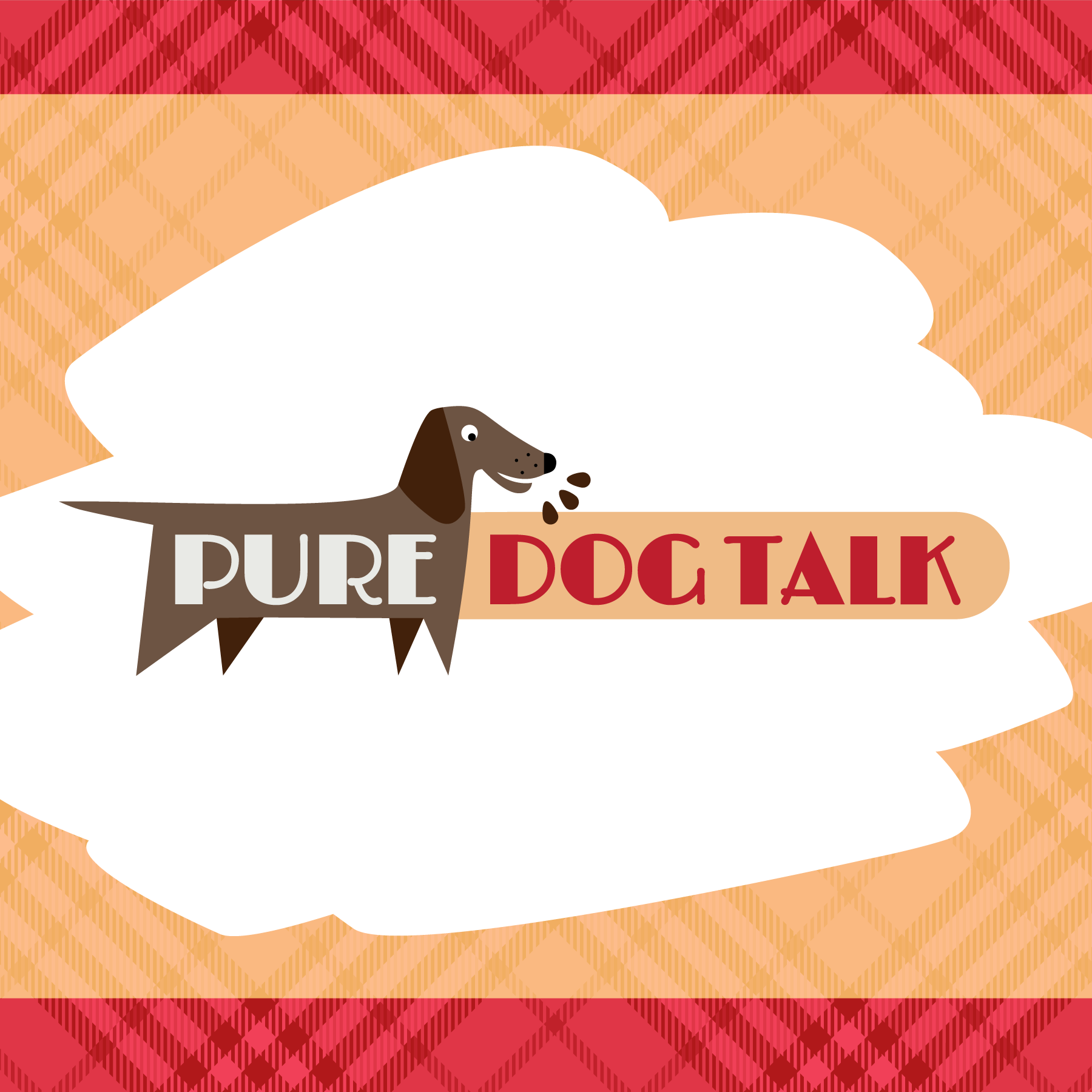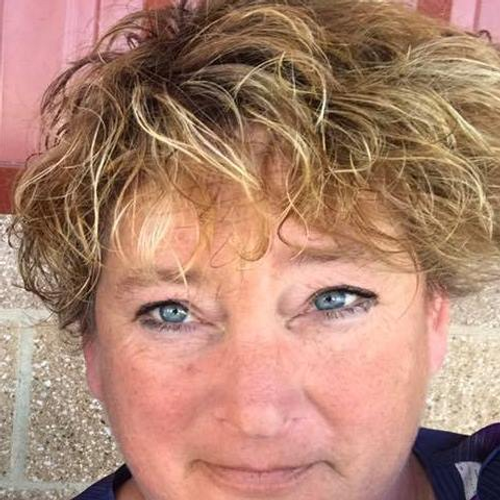Reactive Dogs: Learn to Speak “Dog” for Better Outcome
Kristin Sandstede,
Big Moose Dog Training, is back with some great conversation about "reactive dogs." We narrow the topic down to reactive, non-aggressive dogs and learn to speak "dog" for some great solutions.
Dogs speak in body language, Sandstede reminds us. They use "distance increasing and distance decreasing body language."
For example hard, sharp barks, growls and showing teeth are distance increasing signals. Dogs when they play bow and offer "circle wags" are telling their playmates to come closer. Drilling down on that behavior more, Sandstede observes that a "hip check is friendly, a shoulder check is not."
Reactive dogs are often just plain scared, Sandstede said.
"Many dogs learn that the best defense is a good offense, Sandstede said. "The big reaction saves them from having to get into interaction that makes them scared."
Lack of early socialization, negative experiences and a second fear stage at around 9 months, can all cause the problems the dog is experiencing, Sandstede said. "You can do all the right stuff in the 0-16 weeks timeframe and still have 2
nd fear period. It’s a real thing and it happens."
So, if this is happening to your dog, your first move is to avoid the "threshold" that causes the reaction.
Going forward
"Don’t get after the dog," Sandstede said. "While we’re embarrassed and don’t want our dog to act that way, all (a correction successfully does) is stress out the dog, create more fear/anxiety. Scared dogs don’t know what to do. Give them things to do. If you take away a behavior you don’t like, you have to replace it with a better one. The more time focused on what the dog does right, also decreases his stress level."
Traveling to NYC
Folks traveling to Westminster Kennel Club with reactive dogs need to consider the high traffic, lots of noise, lots of people as potential triggers to the dogs fears.
Counter-conditioning to solve the underlying issue takes time. So the next best option is to manage the dog's anxiety. Cut down on their external stimulation when possible and utilize products such as CBD oil, melatonin or lavender oil to reduce anxiety.

